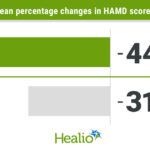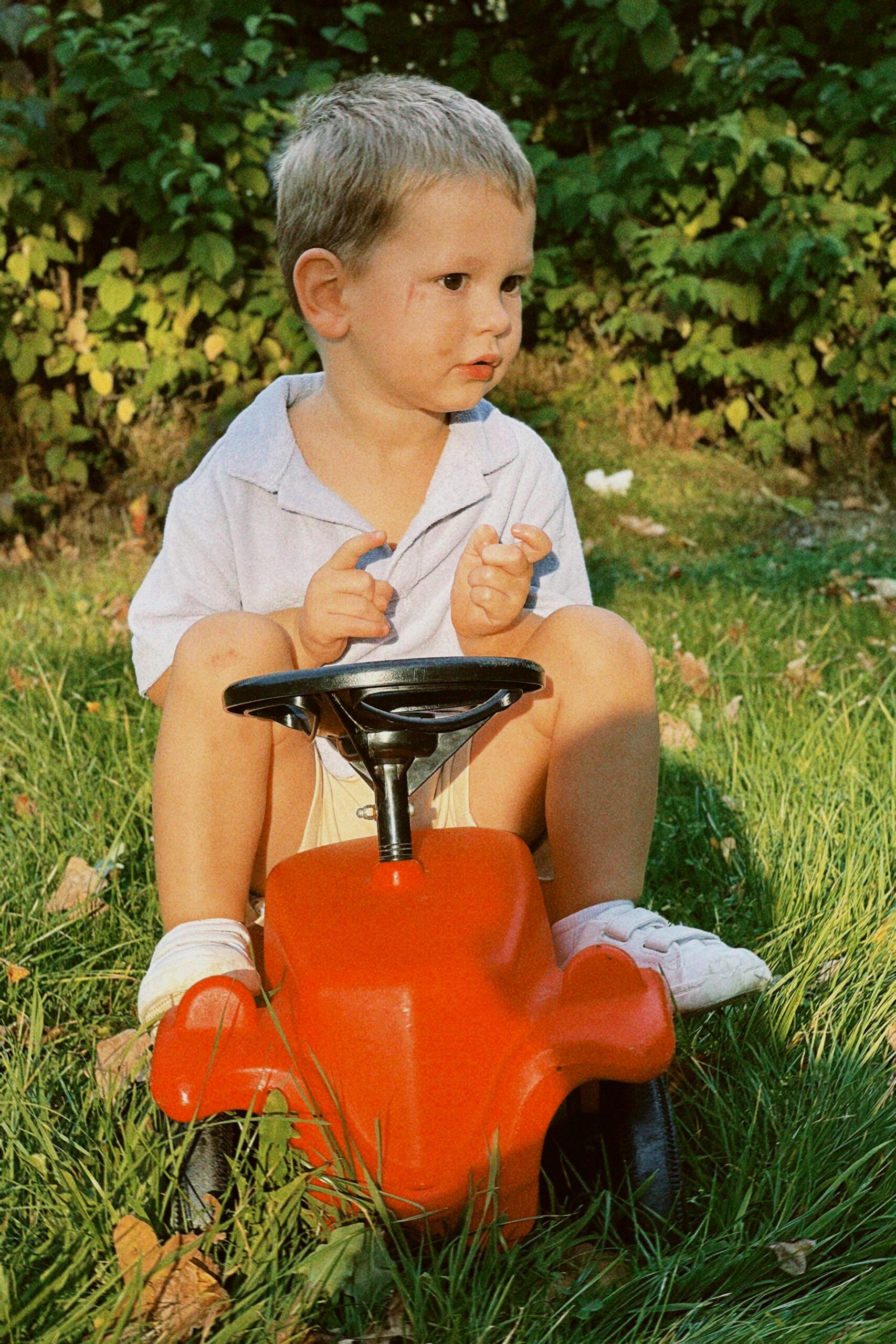
Early communication is about so much more than talking, it’s about connection. From a baby’s first smile to their first words, children go through incredible developmental changes in how they understand the world around them and express themselves. These two areas — receptive (understanding) and expressive (communicating) language — form the foundation for speech and social interaction.
In their first year, babies start figuring out how the world around them works. They begin to recognize routines, understand cause and effect, and learn that things still exist even when they can’t see them (this is called object permanence). As they gain control over their movements, they also start solving simple problems—like reaching for a toy or moving across the room. These milestones show the development of thinking and learning skills, known as cognitive skills. Over time, these skills blossom into the amazing ability to understand what people are saying to them.
Between 12 to 18 months, children start to make associations with words and follow simple directions. This ability to understand spoken language is known as receptive language. A child needs to be able to understand words before they can begin to say them.
🚩 Red Flags for Receptive Language Delays
- Doesn’t respond to name by 12 months
- Doesn’t respond to gestures, facial expressions, or tone of voice
- Doesn’t follow simple directions by 18 months
- Doesn’t point or look when asked “Where’s (Mommy/Daddy)?” by 18 months
- Doesn’t identify familiar pictures in books by 24 months
- Repeats questions without answering or responds off-topic
- Uses mostly jargon or gibberish past age 2
- Doesn’t seem to be learning and understanding new words
Expressive Skills: More Than Talking!
Before children say real words, they use communicative intent — crying, whining, vocalizing, pointing or reaching to express their wants or direct your attention. These are all signs that they are learning to communicate.
By around 12 months, gestures like putting arms up to ask to be picked up, waving and clapping, typically emerge — and they’re a critical milestone. In fact, gestures are one of the strongest predictors of future verbal language!
As children develop, they begin to imitate actions, sounds, and words. These early productions typically turn into real words and short phrases between 12–24 months.
🚩 Red Flags for Expressive Language Delays
- No babbling by 12 months
- No gestures (pointing, waving) by 12 months
- No imitation of sounds or actions by 15 months
- No words by 16 months
- Less than 50 words by 24 months
- No two-word phrases by 24 months
- No back-and-forth conversational turn-taking by 30 months
- Any loss of words, babbling, or social interaction at any age
Communication starts long before first words — and it grows through the everyday moments you share with your child. Whether your child is a late talker or showing early signs of delay, focusing on understanding and desire to communicate lays the groundwork for strong language development. Early support makes a big difference in your child’s speech and language development. When communication delays are left untreated in early childhood, research tells us that the risk increases exponentially for future academic and learning issues. Our mission at Kid PT is simple: help your child communicate confidently, comfortably, and in their own way. We want to support natural communication development while celebrating each child’s individuality. Give us a call or reach out to schedule your FREE SCREENING—we’re happy to answer any questions you have!









